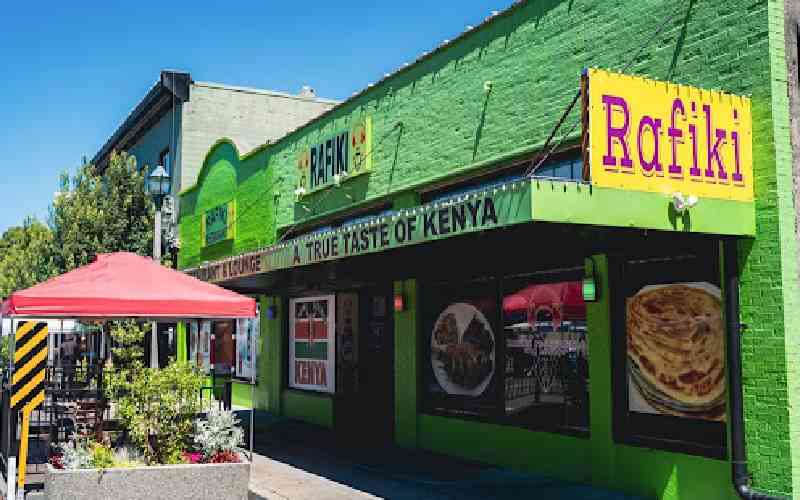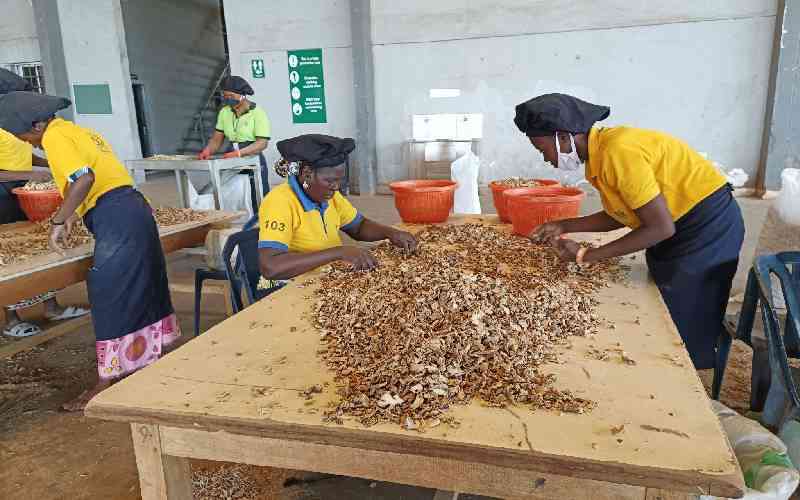
Food is the most conservative part of our culture. We want to eat familiar food wherever we are or go. Immigrants take their food (including drinks) wherever they go. And they are successful; they are experts in preparing their foods, without any competition.
Ethiopians have their kitfo, Taita their Kimanga, Ghanaians their kenke, and Nigerians their fufu (shared by many others).
In Kenya, we love our ugali, which should he declared the national dish. Some think our national dish should be Nyama choma. Or should it be Chapati? What do you think?
Kenyans are not exceptional; they carry their food wherever they go. Just like Britons did while seeding the planet with their language and culture. I found that near Seattle, in Kent, while visiting a Kenya-themed restaurant, Rafiki.
A Kenyan took me there, to feel Kenyan. The waiters talked in Swahili. The clients were not just Kenyans; a few mzungus too came to sample our foods. The menu creatively tried to “reach” non-Kenyans. Chapati is a Kenyan flat bread, going for $4 (Sh520).
Ugali is white cornmeal mash and also goes for $4. Sukuma wiki is collard greens for $4. Supu ya mbuzi (goat soup) goes for $3 (Sh390).
Curiously, Tusker was available. Sounds expensive? It’s about the labour costs.
I was left wondering why alcohol was not priced. A big poster for Pierra Makena kwaheri night was displayed on the wall. Who is she?
Away from home, immigrants hold onto their home identity until the next generation loses touch.
It’s unlikely that Kenyan children born in the United States will one day yearn for our local delicacies. West Africans would. The next generation of Kenyans is more attuned to hot dogs and hamburgers!
One wishes Kenyan-themed restaurants like Rafiki could become more widespread, like Chinese or Indian restaurants. They will create jobs and wealth for us.
We eat every day, and food is a low-hanging fruit in entrepreneurship. Irrespective of the state of the economy, we still eat.
Beyond food, Kenya takes their churches abroad, another source of identity. Just opposite Rafiki is a church crescent like Nyerere Road in Nairobi. I saw at least four churches and attended one in Swahili.
This raises an interesting question: should we carry our cultures, espoused by foods and religions, wherever we go? Is it better to get integrated into our adopted homes and move on? What do you think?
Stay informed. Subscribe to our newsletter







